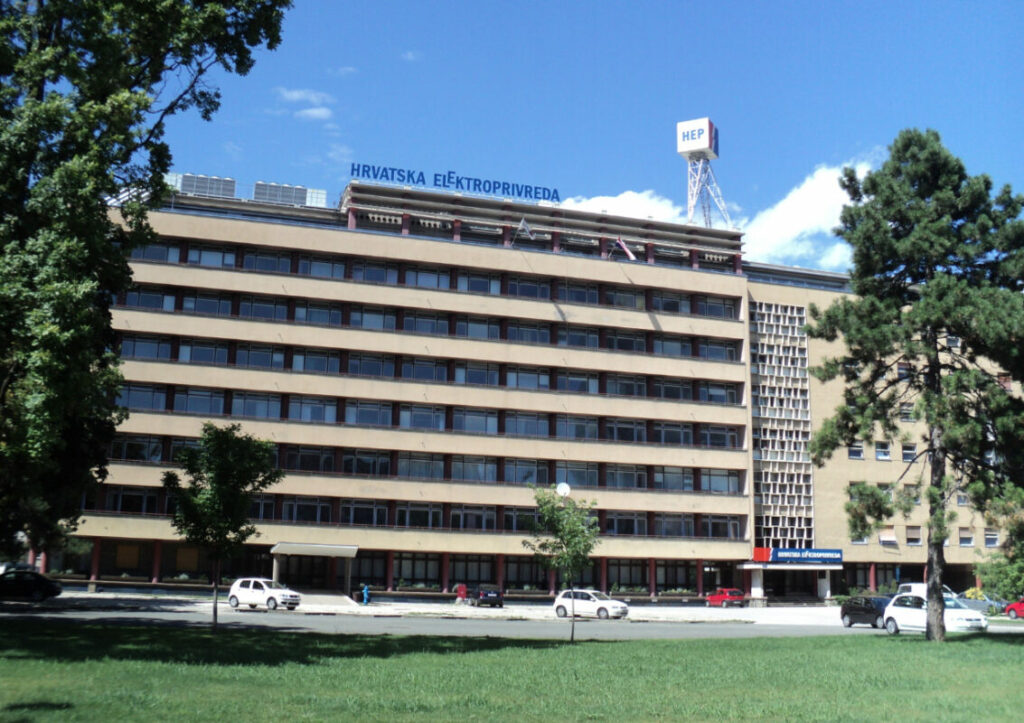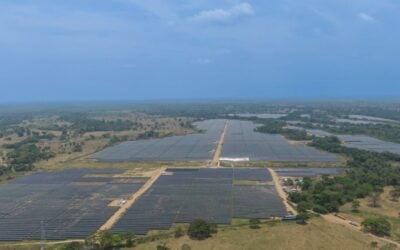
Central and Eastern Europe (CEE)-based developer and independent power producer (IPP) Woodburn Capital is deploying a co-located battery storage project in Croatia, with final regulations around connecting batteries to the grid expected imminently.
The IPP, headquartered in Czechia but active across CEE, has a ready-to-build solar plant of 10MW in Croatia on which it is looking to add a 3MWh battery energy storage system (BESS).
Enjoy 12 months of exclusive analysis
- Regular insight and analysis of the industry’s biggest developments
- In-depth interviews with the industry’s leading figures
- Annual digital subscription to the PV Tech Power journal
- Discounts on Solar Media’s portfolio of events, in-person and virtual
Doing so requires a modification of the project’s grid connection, and the costs of connecting a grid-scale battery to the grid are still to be fully clarified by the transmission system operator (TSO).
Mirko Medenica, head of CEE and Southeast Europe development for Woodburn, expects the regulations to be finalised by TSO Hrvatski operator prijenosnog sustava (Croatian transmission system operator, or HOPS) in the first 15-20 days of September.
“We have some expectations around what these will look like but for now we are designing our BESS project to be 25-30% of the size of the solar PV plant,” Medenica said.
Effective regulations and a stable business case
Medenica also noted that the regulations around BESS technology providing capacity market, balancing and ancillary services on the grid has already been finalised and the technology is eligible to provide all of them.
Assuming the regulations and cost of connection do not affect the business case of the BESS, he expects the company to be able to reach commercial operation on the project around Q3 2024. Meanwhile, the solar PV plant will start construction in September of this year and will take around three months.
The company then plans to apply a similar model to other co-located projects in Croatia. Woodburn’s background is mainly in biomass generation but in recent years it has increasingly expanded into solar and wind.
The BESS project’s participation in the market will be managed by an aggregator while Woodburn has not yet settled on a BESS technology provider. The irony is that the aggregators active in the Croatian market originate from Czechia, where BESS is still not allowed to provide capacity market or balancing services on the grid. As such, Czechia has seen next to no new grid-scale energy storage announced in recent years.
The Ministry of Economy and Sustainable Development in Croatia issued a €20 million (US$21.7 million) funding call for renewable energy, energy efficiency and energy storage projects earlier this year, and Medenica said that next year will see one dedicated to co-located projects.
Energy-Storage.news’ publisher Solar Media will host the inaugural Energy Storage Summit Central Eastern Europe on 26-27 September this year in Warsaw, Poland. This event will bring together the region’s leading investors, policymakers, developers, utilities, energy buyers and service providers all in one place, as the region readies itself for storage to take off. Visit the official site for more info.






